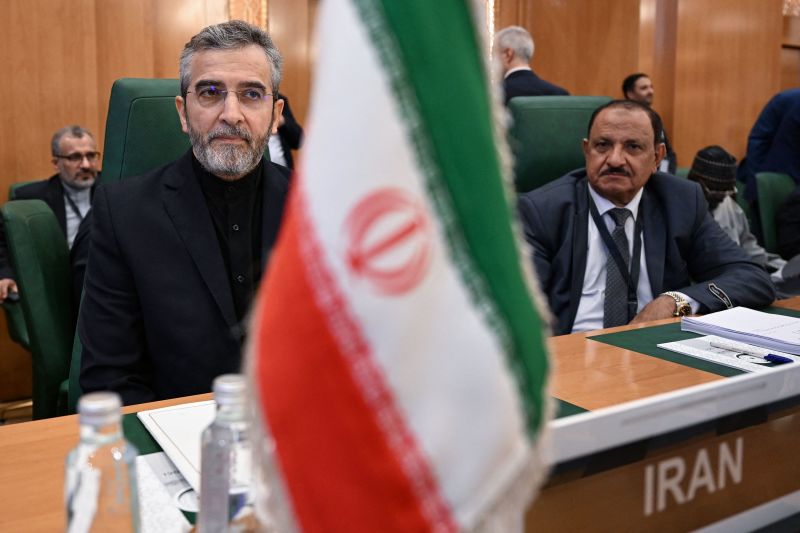In recent developments concerning geopolitical tensions in the Middle East, Iran’s stance on its plans to retaliate against Israel has shifted. The country is currently contemplating the abandonment of its revenge strategies in exchange for a ceasefire in Gaza. This decision comes amidst rising pressure on Iran from international actors and also reflects the evolving dynamics in the region.
The potential decision by Iran to forego its plans for retaliation against Israel marks a significant development in the ongoing conflict in the Middle East. Iran, a staunch supporter of Palestinian groups and a vocal critic of Israel, had vowed to seek revenge for the assassination of its top nuclear scientist, Mohsen Fakhrizadeh, who was killed in November 2020. The proposed retaliation included attacks on Israeli targets, which raised concerns about an escalation of violence in the already volatile region.
However, the recent discussions within Iranian political circles indicate a willingness to explore alternative options, including the possibility of de-escalating tensions in the region. The consideration of scrapping revenge plans in favor of a Gaza ceasefire demonstrates a pragmatic approach by Iran, recognizing the broader implications of its actions on regional stability.
The shifting stance of Iran can be attributed to several factors. Firstly, the recent conflict in Gaza, which saw intense fighting between Israel and Palestinian militant groups, has drawn international attention and raised calls for a ceasefire. Iran’s decision to align with efforts to de-escalate the situation reflects a desire to avoid further bloodshed and mitigate the humanitarian crisis in Gaza.
Moreover, Iran’s reevaluation of its revenge plans may also be driven by a desire to avoid triggering a broader regional conflict. The Middle East is a complex web of alliances and rivalries, and any aggressive move by Iran against Israel could have far-reaching repercussions, potentially drawing in other regional players and escalating the conflict to a dangerous level.
Furthermore, the internal dynamics within Iran, including the upcoming presidential elections and the need to focus on domestic issues, might also be influencing the reconsideration of its retaliatory plans. By prioritizing a ceasefire in Gaza over revenge against Israel, Iran could seek to project a more moderate and pragmatic image both domestically and internationally.
While the potential shift in Iran’s approach towards Israel and Gaza represents a positive step towards de-escalating tensions in the region, it is essential to approach this development with caution. The situation in the Middle East remains fragile, and any miscalculation or provocation could reignite hostilities and destabilize the region further.
In conclusion, Iran’s contemplation of scrapping its revenge plans against Israel in exchange for a Gaza ceasefire marks a significant development in the ongoing conflict in the Middle East. This shift in stance reflects a pragmatic and calculated approach by Iran, considering the broader implications of its actions on regional stability. As the situation continues to evolve, it is crucial for all parties involved to prioritize dialogue, diplomacy, and de-escalation to prevent further violence and promote peace in the region.

